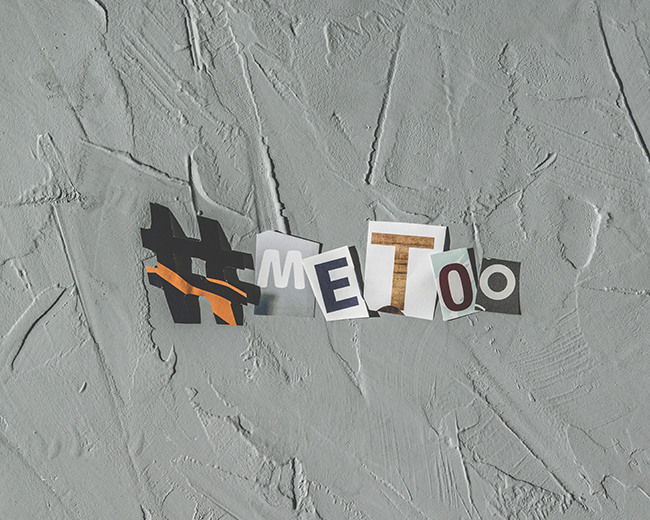
My #MeToo was not a man pestering me, not a man with power over my upward mobility, not a man with control over my professional destiny. My #MeToo was not the inappropriate comments and innuendos from a male superior, or a forcing me to participate in an uncomfortable or inappropriate event to get a big break. Did I experience these things? Yes. However, they came much later in my career, and were so mild compared to my earlier #MeToo; they were insignificant to me.
My excruciating #MeToo came along with a nice package of my well-earned promotions throughout my career. In 1989, I started my government career as a young hardworking GS-3 federal employee. Each day, I dedicated myself to hard and high-quality work. I worked whatever long hours were needed; I travelled regularly whenever requested, and earned the highest level on the GS scale. Feeling proud of my accomplishments, and my hard-earned promotions, I mistakenly assumed that others would be proud and supportive. It was deep in the 1990s; I was a GS-13, and my trusting world was traumatized. I overheard a conversation about me. A disconcerting dialogue about how I slept my way to the top. I heard two female co-workers, speaking affirmatively, about how I only received promotions because I was having sex with my male supervisors. I had to keep eavesdropping on the conversation because deep down, I knew this was a gag; they couldn't be serious.
I continued secretively listening, only to get clarity. Obviously, I was misinterpreting this conversation. Much to my disappointment, this conversation truly was about me, and this was their truth. After catching my breath, I decided to disregard it as this was merely the words of two callous individuals. Fast forward, about a year later, a new supervisor joined our office. I soon realized that this prior female exchange was not isolated, and that this was the reputation assigned to me. My new female manager arranged for individual meetings with all of her new staff. During my personal meeting, my new leader said to me, "You will not get any special perks from me because I won't be sleeping with you." When I asked her what she meant by that, she said, "Everyone knows, every person I have spoken with confirmed it, and that this behavior stops with me." I was devastated. This #MeToo stung. This supervisor proceeded to create a harassing work environment, as she reduced my existence to nothing. She formed this deduction without question or confirmation from me. All of my hard work, and all family time I had sacrificed in order to work my way up the career ladder, was stripped from me. Not by a man, but by women in the workplace who decided, with no facts or evidence, that I was not smart enough, intelligent enough, or capable enough to secure promotions without sex.
There are a number of perspectives of the #MeToo movement. Some focus on harassment, some focus on women being heard, or having a voice and/or seat at the table. While it is important to recognize that this this movement is not just one, but it is multi-dimensional, and the story lines will come in many formats. The critical premise is that our approach to these varied stories should encompass the notions of equity and of ensuring the inclusion, respect, and dignity for all women.
Do you have a story idea for us? Do you want to submit a guest blog? If it's about equity, diversity, or inclusion, please submit to edi.stories@nih.gov.
For news, updates, and videos, follow or subscribe to EDI on: Twitter, Instagram, Blog, YouTube.






